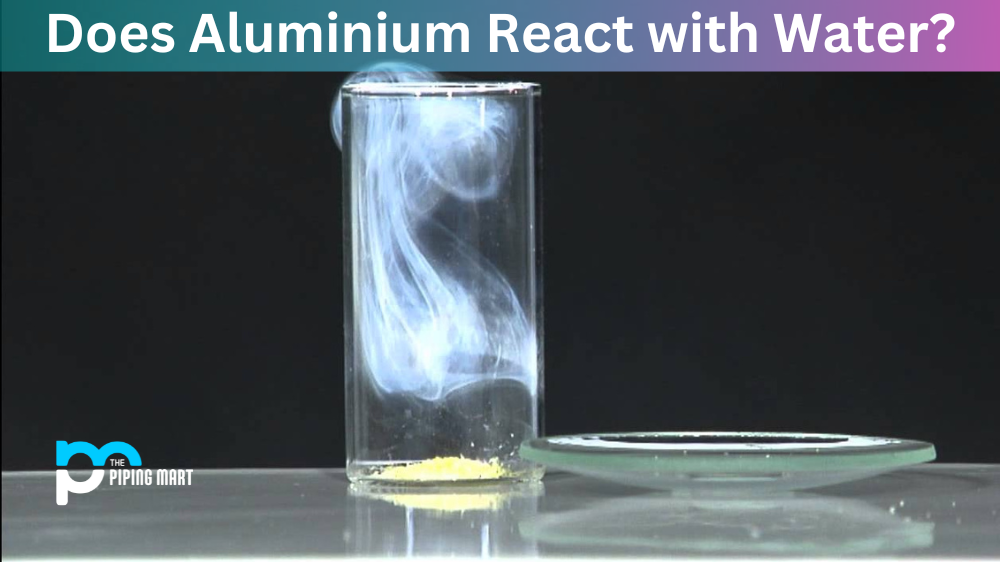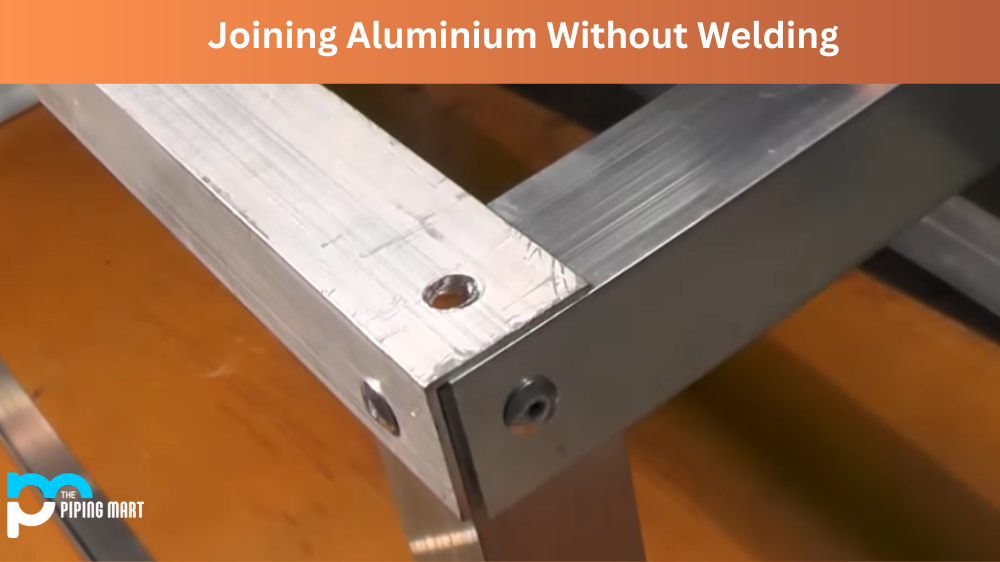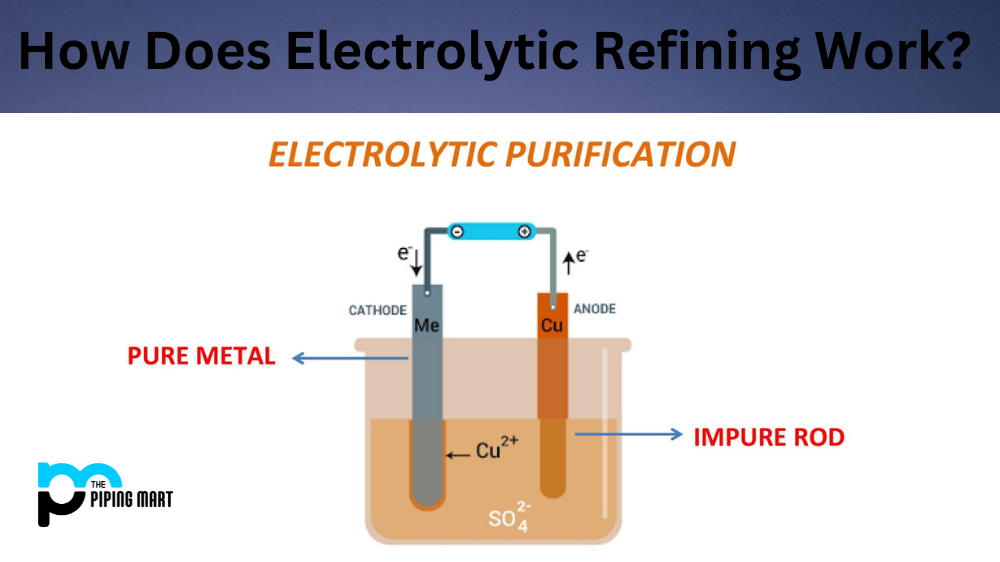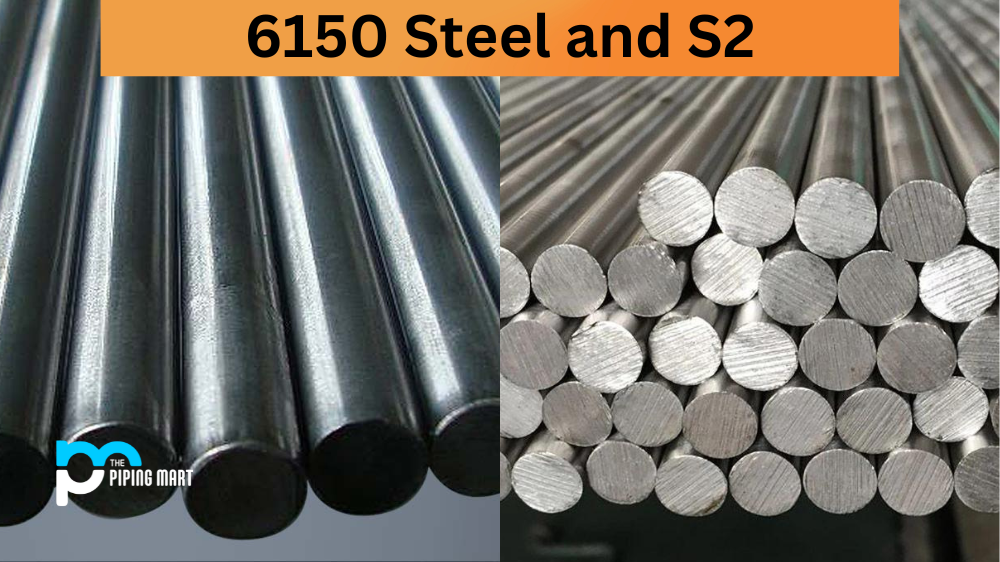Aluminium is used in many everyday items, such as window frames and laptop cases. But does aluminium react with water? The answer isn’t as straightforward as you might think—it depends on the type of water that the aluminium is exposed to. Let’s take a closer look at the different factors that can affect how aluminium reacts when it comes into contact with water.
Types of Water
There are two main types of water that can cause different reactions when they come into contact with aluminium: pure and saltwater. Pure water (i.e., distilled or deionized) has a neutral pH and won’t react with aluminium; however, saltwater (i.e., seawater) contains ions that can cause corrosion to occur on aluminium surfaces if left unchecked. This is because the presence of chloride ions in saltwater causes an electrochemical reaction between the metal and the environment, resulting in oxidation and corrosion.
Environment
In addition to the type of water, other environmental factors also play a role in determining how aluminium will react when it comes into contact with water. For instance, if your aluminium product is exposed to high levels of humidity—such as in coastal areas—the risk of corrosion increases significantly due to increased exposure to saltwater and other corrosive elements like air pollutants and acid rain. Additionally, certain metals (such as iron) can act as catalysts for corrosion by creating galvanic cells that accelerate oxidation on the surface of the metal.
Protection
Fortunately, there are methods available for protecting your aluminium products from potential damage caused by exposure to water or other corrosive elements. One option is to coat your product in a protective coating like epoxy or polyurethane paint; these coatings provide an effective barrier against moisture while still allowing your product to maintain its aesthetic appeal. Additionally, regular maintenance and cleaning will help ensure that any deposits or dirt build-up don’t contribute to corrosion over time.
Conclusion:
Aluminium does not usually react with pure water, but it can be vulnerable to corrosion when exposed to saltwater or humid environments due to electrochemical reactions caused by chloride ions or other corrosive elements found in these environments. Fortunately, there are ways you can protect your aluminium products from damage using protective coatings and regular maintenance/cleaning routines. Ultimately, understanding how your product may react when exposed to different types of water will help you make informed decisions about how best to protect it for years to come!

Abhishek is a seasoned blogger and industry expert, sharing his insights and knowledge on various topics. With his research, Abhishek offers valuable insights and tips for professionals and enthusiasts. Follow him for expert advice on the latest trends and developments in the metal industry.




